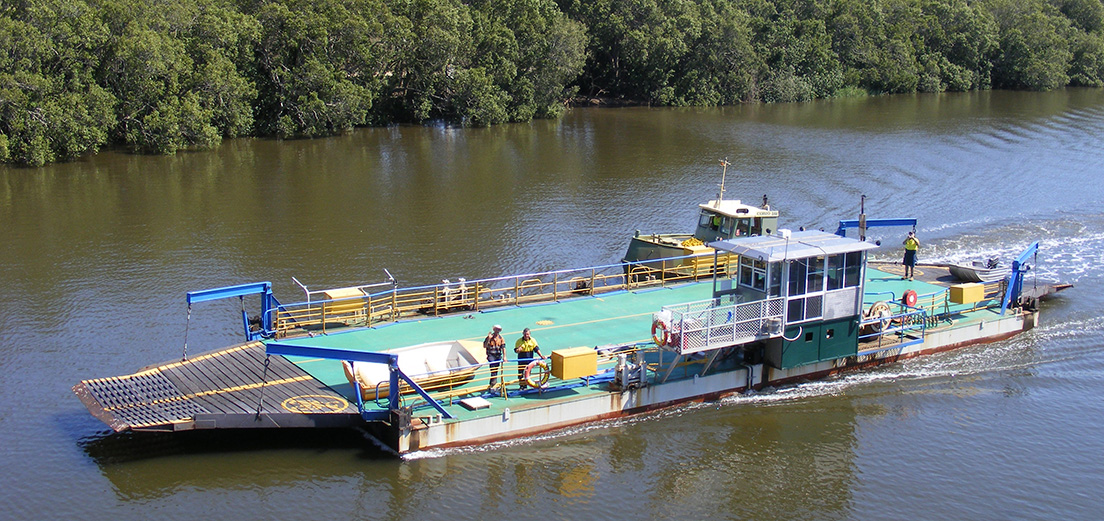Speakers: Michael Rowland Host, ABC News Breakfast, ABC News; Bran Black Chief Executive, Business Council of Australia
Topics: 2025-24 Federal Budget; Future Made in Australia; competitiveness; inflation; tax reform; energy relief
E&OE
Michael Rowland Host, ABC News Breakfast, ABC News: Bran Black is the Chief Executive of the Business Council of Australia, representing Australia’s top companies. Bran, very good morning to you. Thank you for joining us on us at Breakfast.
Bran Black Chief Executive, Business Council of Australia: Thanks for having me on the show.
Michael: Congratulations on the job.
Bran: Thanks so much.
Michael: Now, what do you make of the Budget in terms of how it helps or otherwise Australian business?
Bran: Well, what we said right from the outset was that we wanted to see a Budget that would improve Australia’s competitiveness. Competitiveness is important because it drives investment. Investment is important because that leads to productivity, and we need productivity to deliver real wages growth. So that was the key test for us. But what we’ve seen in this Budget, is that there are some useful steps that take us forward in terms of improving that competitiveness piece, there is a long way to go. And what we say is that we need to really focus on the fundamentals for investment in order to be able to drive more investment into the future. Having said that, we are a little bit concerned about the spending as well.
Michael: How concerned are you about the spending? You’re talking about the deficits in the years ahead?
Bran: Yeah, we’re concerned that what we see is there’s more cash in the economy. Certainly over the next two years, we’re looking at about $20 billion. That’s combined with what we’ve seen from recent State Budgets in Victoria, in Queensland and in Western Australia. That’s about $9 billion in cost-of-living relief. We know that that’s a lot of cash that will be circulating throughout the economy and of course that puts pressure on inflation.
Michael: The Treasurer insists the cost-of-living measures totaling nearly $8 billion, including front and centre the energy bill rebates, will actually bring down inflation by half a percentage point next financial year. Do you think that’s possible?
Bran: We certainly hope the Treasurer is right and we certainly hope that the Treasury’s forecasts in that regard are correct. But we do note that when you’ve got more money in the economy, that means that there is the potential for people to be spending more and that can put pressure on inflation. So, as I say, we hope that that’s the case. But we’re mindful that there is that risk.
Michael: You do represent the Business Council of Australia, some of Australia’s most wealthiest people. Do they really deserve, do they need a $300 energy bill rebate?
Bran: With our advocacy, what we said was that we want to see those rebates targeted and directed towards people who were most in need. And we know that there are lots of people out there that are doing it tough right now, and they certainly deserve assistance. We’ve seen that of course this rebate has been applied more broadly. But our advocacy has always been for that more targeted and assisted relief.
Michael: I want to talk about the Future Made in Australia program, fleshed out a bit more by the Treasurer last night. He announced measures including close to $14 billion in production tax incentives for green hydrogen, for critical minerals. Is that a good step?
Bran: We think it is. What we’ve said is that Australia should be backing in those industries in which we do have a comparative advantage. Critical minerals and green hydrogen are areas where we have an advantage now, but also, most importantly, we have an advantage into the future. What we’re seeing right around the world is that other countries are doing this. The Treasurer is entirely correct in saying that, we look at the United States with the Inflation Reduction Act. We look at Canada, the EU, Japan, Saudi Arabia, for example. They’re all taking the same types of steps. So, we need to be able to provide that type of support. However, I go back to that key point in terms of competitiveness, the best thing that we can do is not necessarily focus on one or a couple of different industries, it is to make sure that we raise the tide for all industries by improving our fundamentals. That’s getting tax reform, right, that’s getting industrial relations, regulatory settings, planning settings. That’s what’s really going to make the difference.
Michael: We had confirmation of the reworked stage three tax cuts last night. Are you disappointed there wasn’t more in the form of more widespread tax reform?
Bran: We think that we do need to see a tax reform discussion. We know that we’re leaning into a really difficult challenge for many decades ahead. We saw in the Intergenerational Report just last year, that we’re looking at $140 billion a year gap between revenue and expenditure come 2060. And that’s because we’ve got a declining population proportionately at least, so less people working to pay for more. That means we’ve got to start making those big decisions that are useful in terms of driving increased productivity and making sure that we can afford to pay and sustain our way forward.
Michael: Perhaps a challenge for the next Budget. Bran Black from the Business Council, appreciate your time this morning. Thank you.








